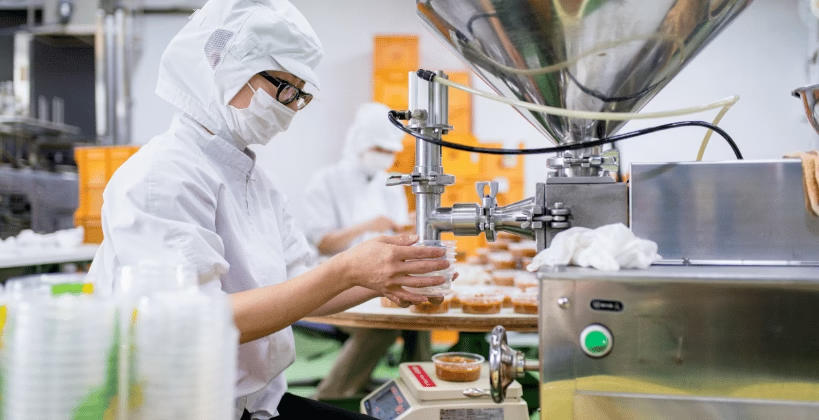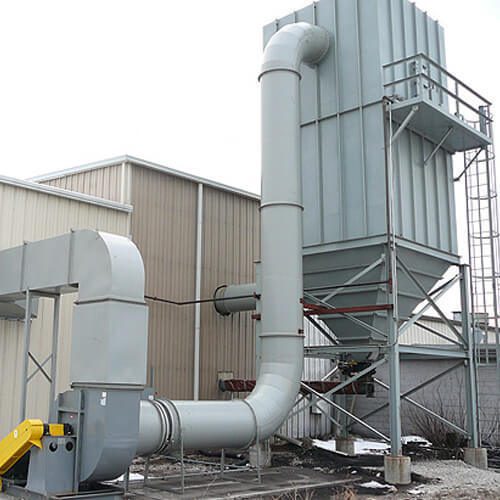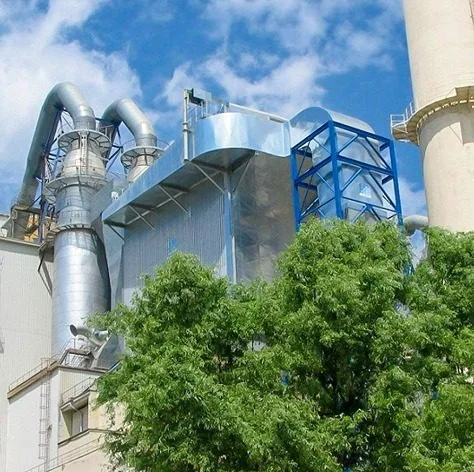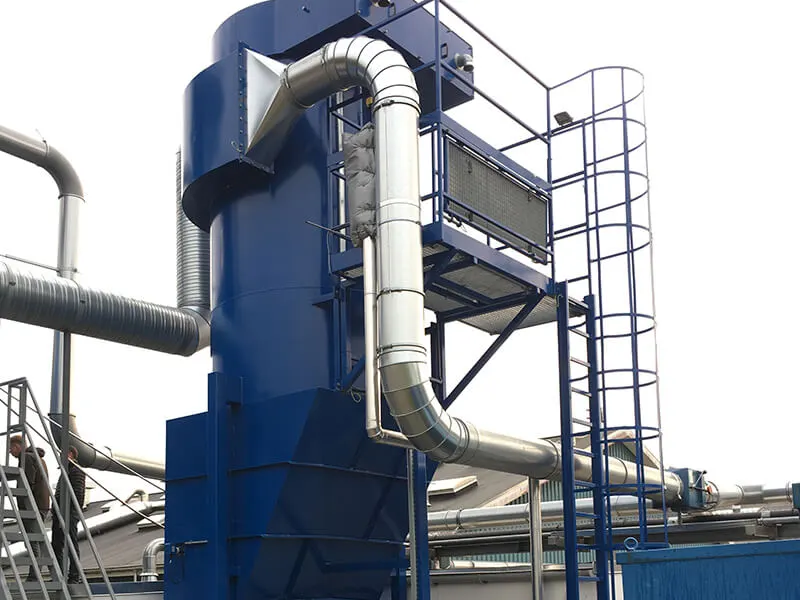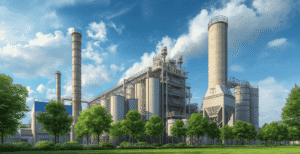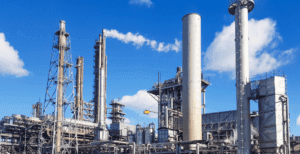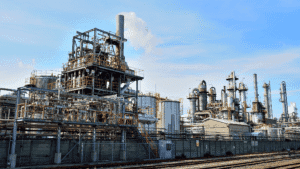Dust control in the food processing industry is not merely a matter of keeping production areas visibly clean—it’s a vital aspect of ensuring workplace safety, food quality, regulatory compliance, and operational sustainability. As food manufacturing processes become faster and more complex, the need to manage airborne particulate matter becomes even more pressing.
Whether it’s flour milling, sugar refining, tea sorting, or spice grinding, nearly every phase of food production can generate large quantities of fine, combustible, and potentially hazardous dust. These particles, if not properly extracted and filtered, can become a threat not just to the product but also to equipment longevity and human safety.
~에 인텐시브 필터 히멘비로, we understand the specific demands of food production environments. Our solutions are engineered to not only remove dust from critical process points but to do so with maximum filtration efficiency, minimal maintenance, and uncompromised hygiene standards. We focus on building systems that provide complete air quality control across a wide range of food industry applications.
Understanding the Nature of Food Dust
Food dust behaves differently from standard industrial dusts due to its biological, organic, and often hygroscopic composition. This makes it more difficult to handle using conventional dust collection systems.
Dust is typically generated in operations such as grinding, sieving, mixing, conveying, packaging, bulk unloading, and ingredient weighing. Depending on the process, the type and behavior of the dust vary significantly:
- Grain and flour dust are lightweight and abundant in flour mills, bakeries, and cereal plants. It is prone to forming suspended clouds that pose explosion risks.
- Sugar and starch dust are highly combustible and found in confectionery and sweetener processing. Their fine granules ignite easily and can clog filters if not properly designed.
- Spice and seasoning dust tends to be aromatic, sticky, and difficult to contain. It poses serious concerns for odor control and cross-contamination.
- Dairy powder dust is protein-rich and extremely fine, presenting a high risk for microbial growth and product spoilage if allowed to settle or accumulate.
All of these dust types not only degrade product integrity but also create a serious occupational health hazard if left uncontrolled.
Why Effective Dust Control Is Essential
Poor dust control in food plants has consequences that go well beyond facility cleanliness. It creates risks that directly affect worker safety, regulatory compliance, and the overall productivity of operations.
1. Health Hazards to Workers
Inhalable organic dust particles can enter the respiratory tract, causing allergic reactions, chronic bronchitis, or occupational asthma. Prolonged exposure to airborne food dust may result in serious lung conditions or aggravate pre-existing illnesses among workers. Maintaining low particulate levels is a legal and ethical necessity in modern food manufacturing.
2. Fire and Explosion Risks
Combustible dust, when suspended in the air and exposed to an ignition source, can result in devastating explosions. The food industry is particularly vulnerable to this due to the organic and dry nature of materials such as flour, starch, and sugar. Without proper extraction, even a thin layer of dust buildup on equipment can create a catastrophic hazard.
3. Product Contamination and Cross-Contact
Food dust can carry allergens or bacterial spores and settle on machinery, surfaces, or even other product batches. This can lead to contamination, reduced product quality, and recalls. Maintaining high air quality is essential to ensure clean, uncontaminated processing zones and protect brand integrity.
4. Regulatory Pressure and Compliance
Functional Challenges in Food Industry Dust Collection
Dust control in the food industry isn’t a one-size-fits-all challenge. Every facility has unique demands depending on its product type, process configuration, production scale, and local environmental conditions. Systems must be highly adaptable, reliable, and hygienic.
One key challenge lies in the nature of the dust itself. Many food dusts are hygroscopic, meaning they absorb moisture from the air, which can cause them to become sticky or form hard clumps. This behavior makes traditional filters clog easily and increases maintenance downtime. Additionally, cleaning requirements in food plants are stringent. Filter housings, ducting, and collection bins must be constructed from materials that are resistant to corrosion and easily sanitized—usually stainless steel or food-grade coated materials.
Moreover, the system must function seamlessly across multiple zones, each with different dust loading profiles. For example, the mixing zone may generate a continuous stream of airborne dust, whereas the packaging area might only see intermittent emissions. Thus, a flexible, modular, and scalable solution is critical.
Our Tailored Solutions for the Food Industry
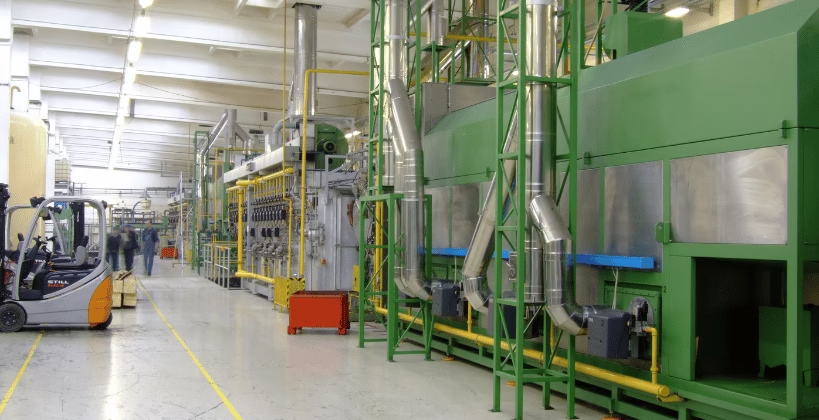
At Intensiv Filter Himenviro, we engineer end-to-end dust control systems that are purpose-built for food industry applications. Each system is designed based on a careful study of your process, emission points, product characteristics, and safety requirements.
1. 역방향 에어백 하우스 필터
These systems are ideal for handling fine, light, and even sticky dusts. They provide continuous filtration, using reverse airflow to clean the filter bags without interrupting operation. The low-maintenance design ensures high uptime while maintaining consistent air quality levels throughout production cycles.
2. Cartridge Filters with PTFE Membranes
Cartridge filters are compact and efficient, particularly for dry food powders like flour, milk powder, and tea dust. The PTFE membrane allows for effective surface filtration and prevents particle penetration, enhancing filter life and cleaning performance. These units are often selected for areas with limited installation space.
3. Cyclone Pre-Separators
Cyclone separators are used as the first stage in systems dealing with high dust volumes or coarser particles. By removing the heavier dust load before it reaches the main filtration system, cyclones reduce overall wear and increase filter service intervals. They are widely used in bulk unloading, grinding, and silo venting operations.
4. 습식 스크러버
For processing materials that produce oily, sticky, or odorous dust, wet scrubbers are an effective solution. These systems use water or chemical scrubbing agents to remove particulate matter and volatile organic compounds (VOCs). In processes like spice grinding or flavor manufacturing, scrubbers help maintain clean air and reduce odor emissions.
5. Integrated Explosion Protection
We incorporate industry-standard explosion protection systems in accordance with NFPA guidelines. This includes flameless venting, isolation valves, and pressure relief mechanisms designed to safely contain or suppress potential deflagrations, ensuring complete workplace safety.
Advanced Technical Features
Our systems are built for long-term reliability, minimal maintenance, and maximum compliance. Key technical highlights include:
- Modular Construction for easy scaling and plant layout flexibility
- Sanitary-Grade Finishes with smooth internal surfaces to prevent microbial build-up
- Automated Pulse-Jet Cleaning Systems to maintain consistent airflow and filtration performance
- Custom Ducting and Extraction Hoods are engineered to capture dust directly at the source
- Integrated Control Panels for system monitoring and predictive maintenance alerts
Energy-Efficient and Sustainable Design
We design filtration systems with energy conservation in mind. Our setups utilize variable frequency drives (VFDs) to adjust fan speed according to real-time dust load. Intelligent controllers optimize compressed air use for cleaning cycles, extending filter life and reducing electricity consumption. With sustainable operation at the core, our solutions deliver reduced environmental impact while ensuring superior performance.

Conclusion: A Cleaner, Safer, and Compliant Food Processing Environment
Dust challenges in the food industry are complex and demand a smart, engineered response. Whether you process fine bakery flour, powdered dairy products, spices, or sugar, ensuring a clean, dust-free environment is key to protecting both your workforce and your product.
인텐시브 필터 히멘비로 offers high-performance, food-industry-specific dust extraction systems that meet global standards for air quality, hygiene, and explosion safety. Our filtration solutions are designed not only for performance and durability but also for compliance and adaptability, ensuring your facility stays ahead of safety regulations and production demands.
Let us help you build a cleaner, safer, and more productive food processing plant, backed by decades of technical expertise and a relentless focus on quality and innovation.
